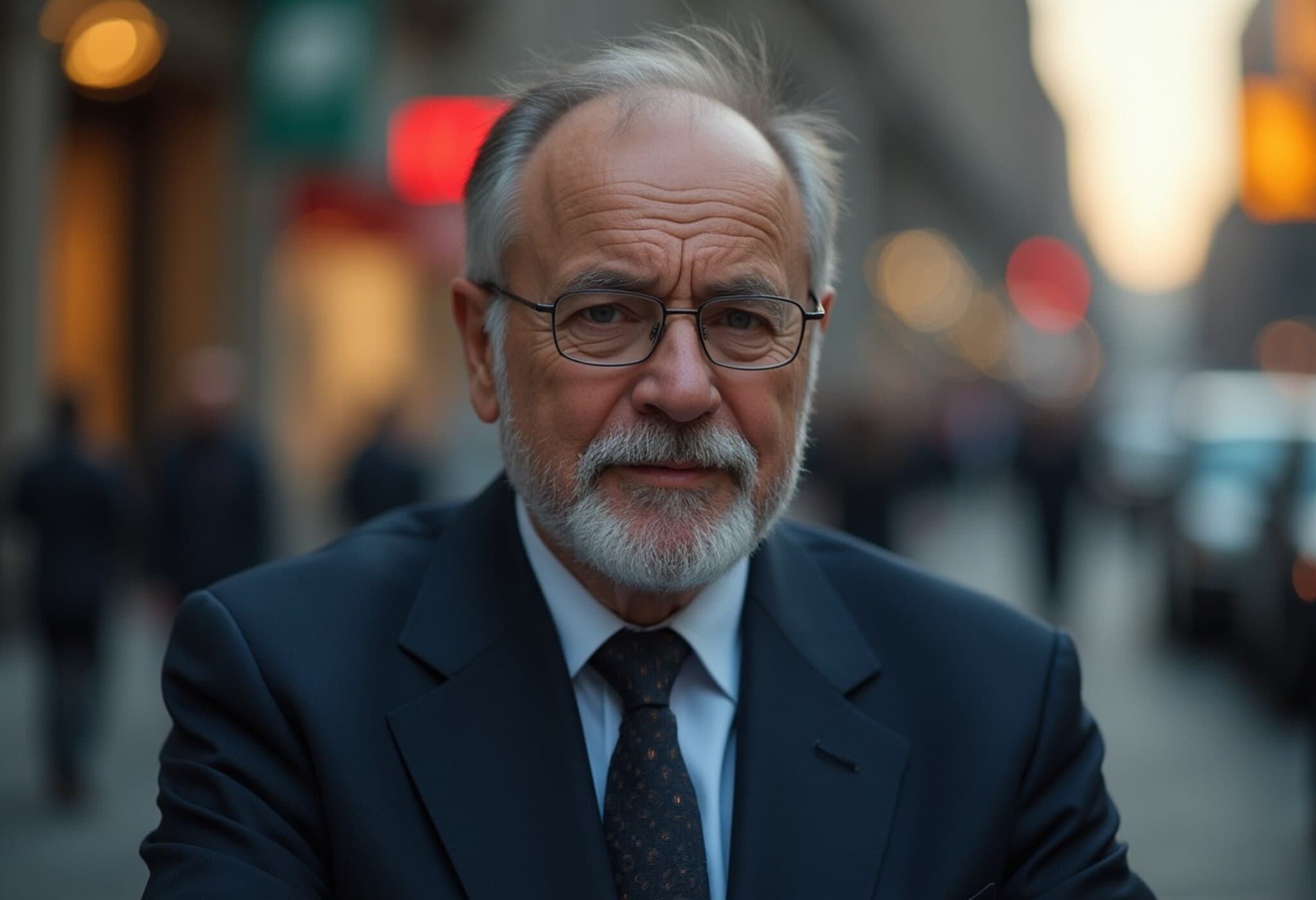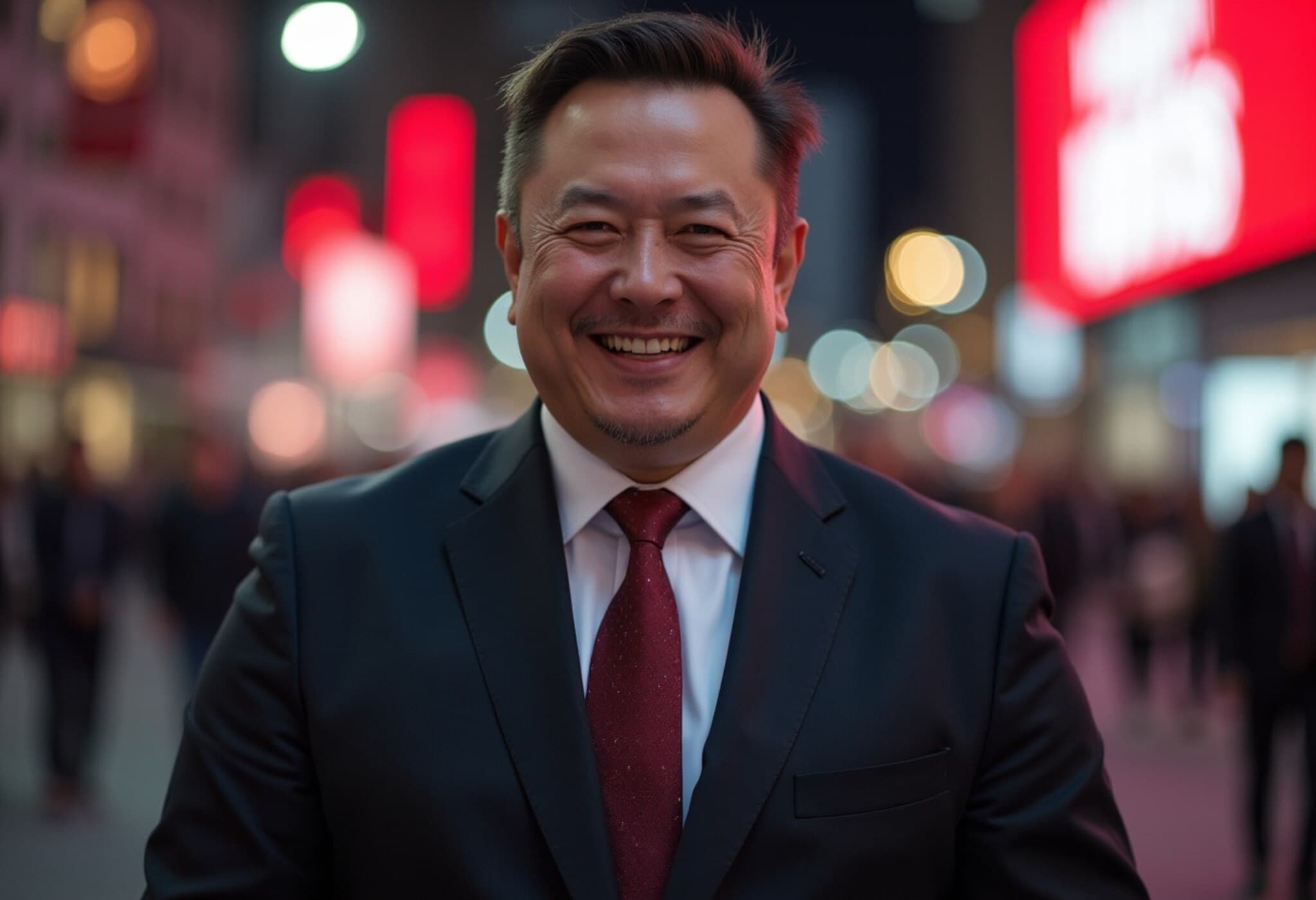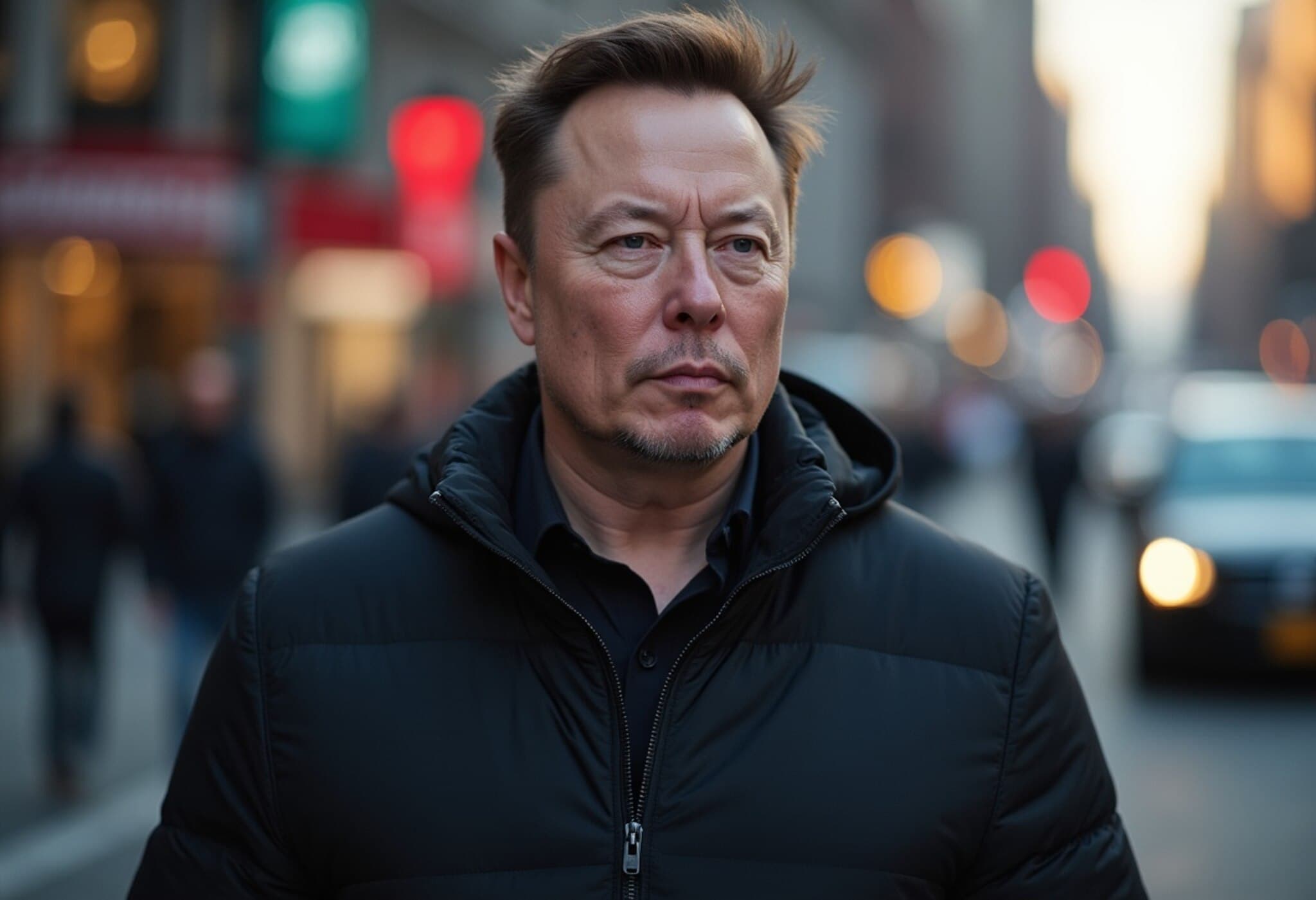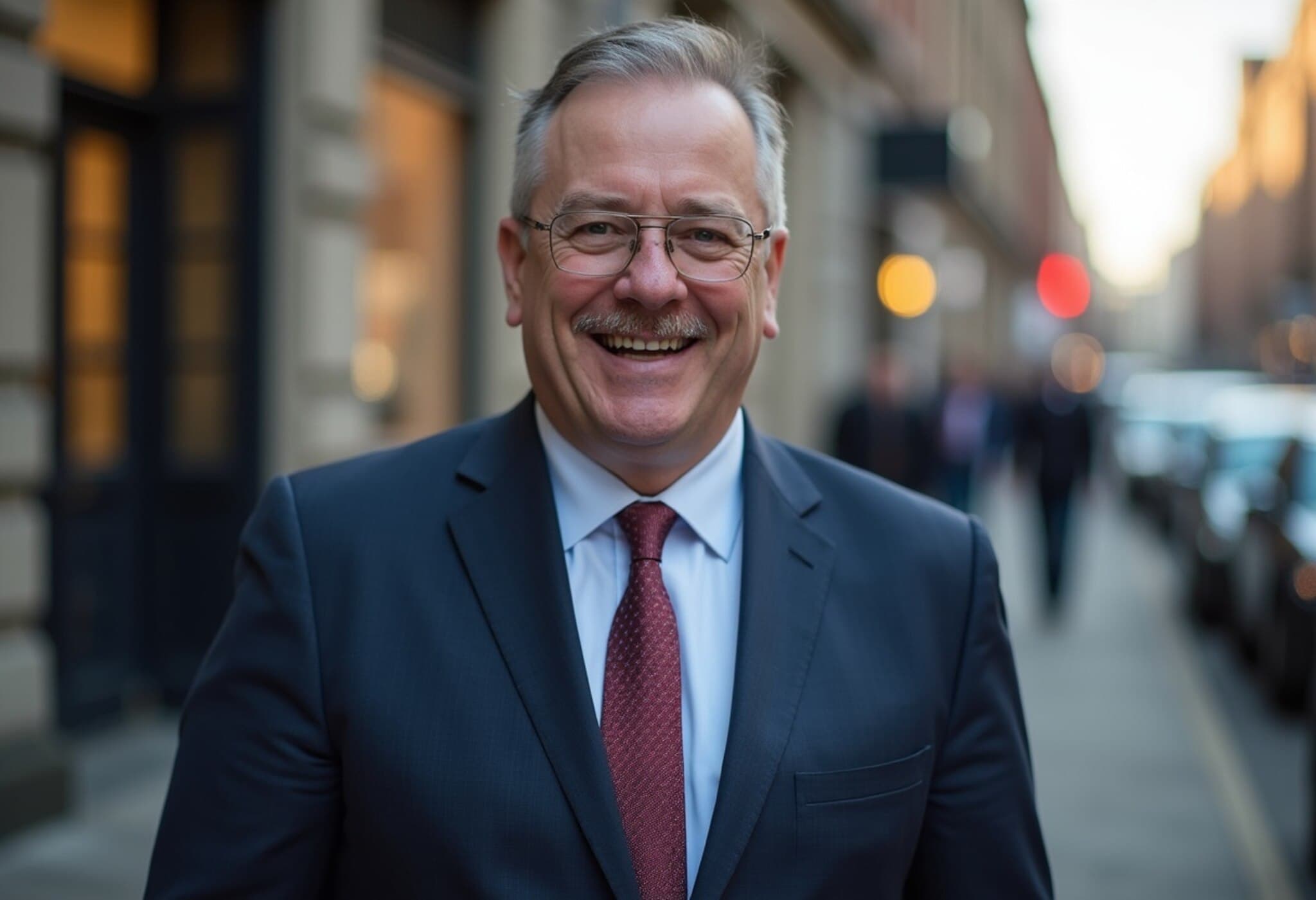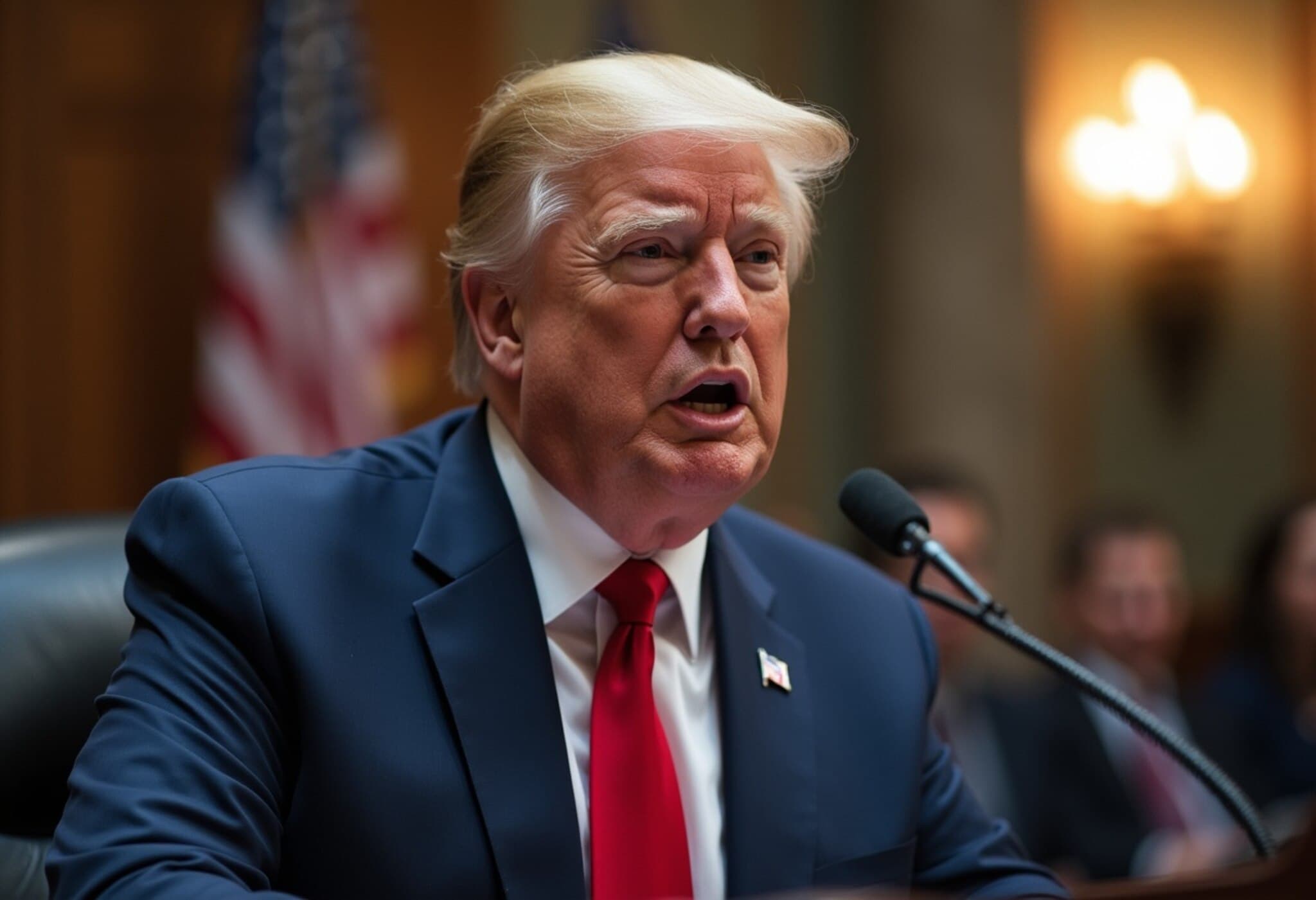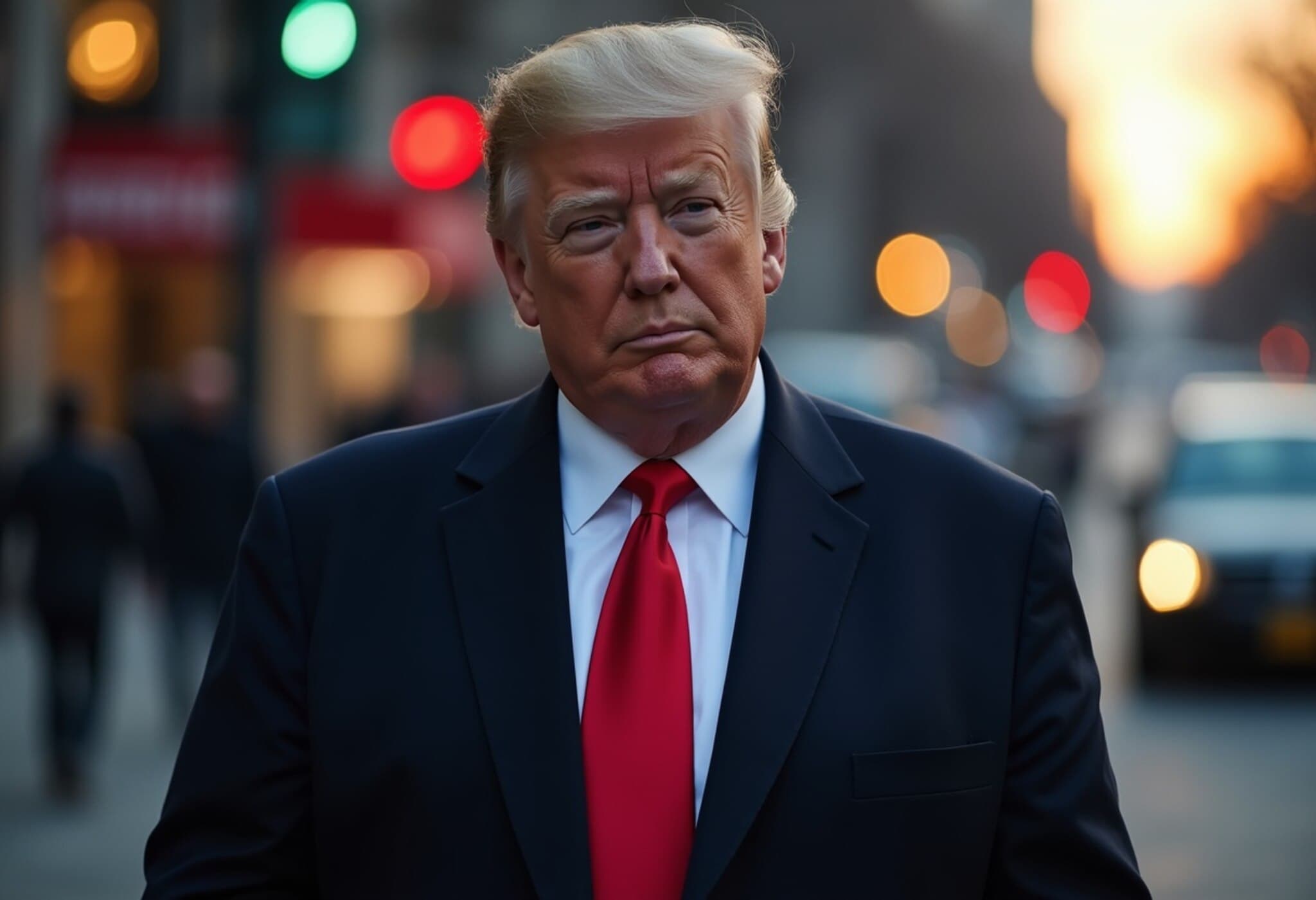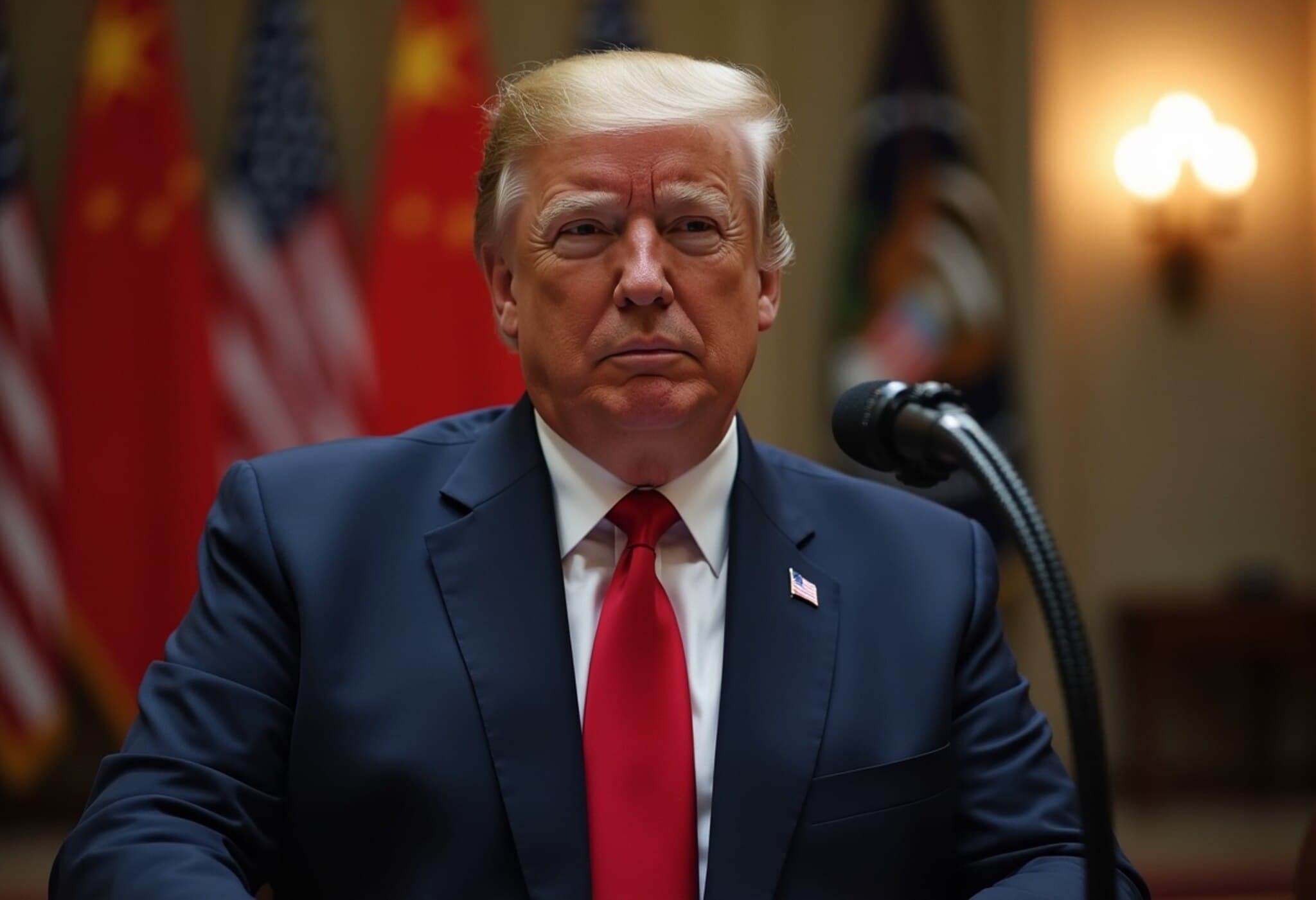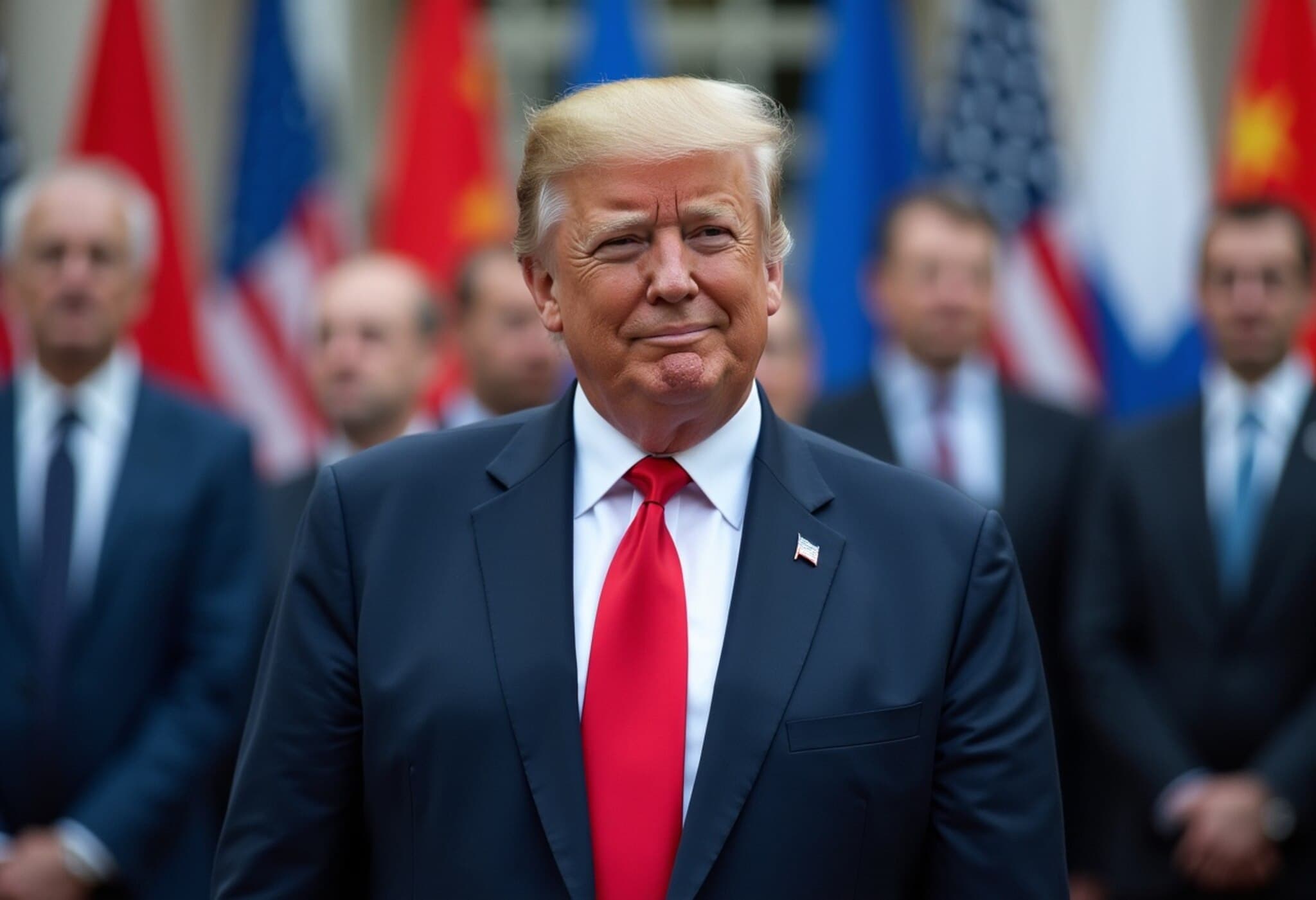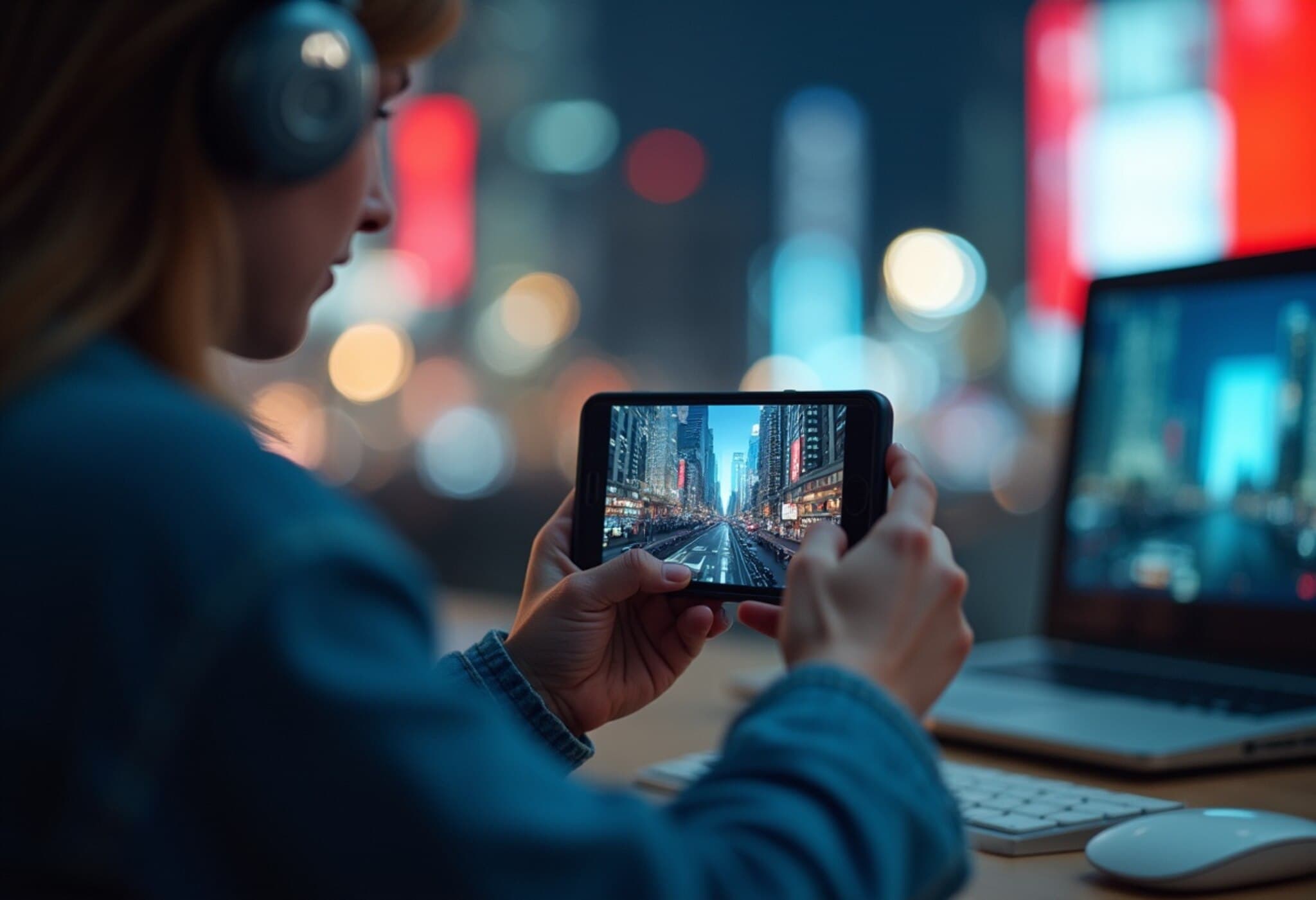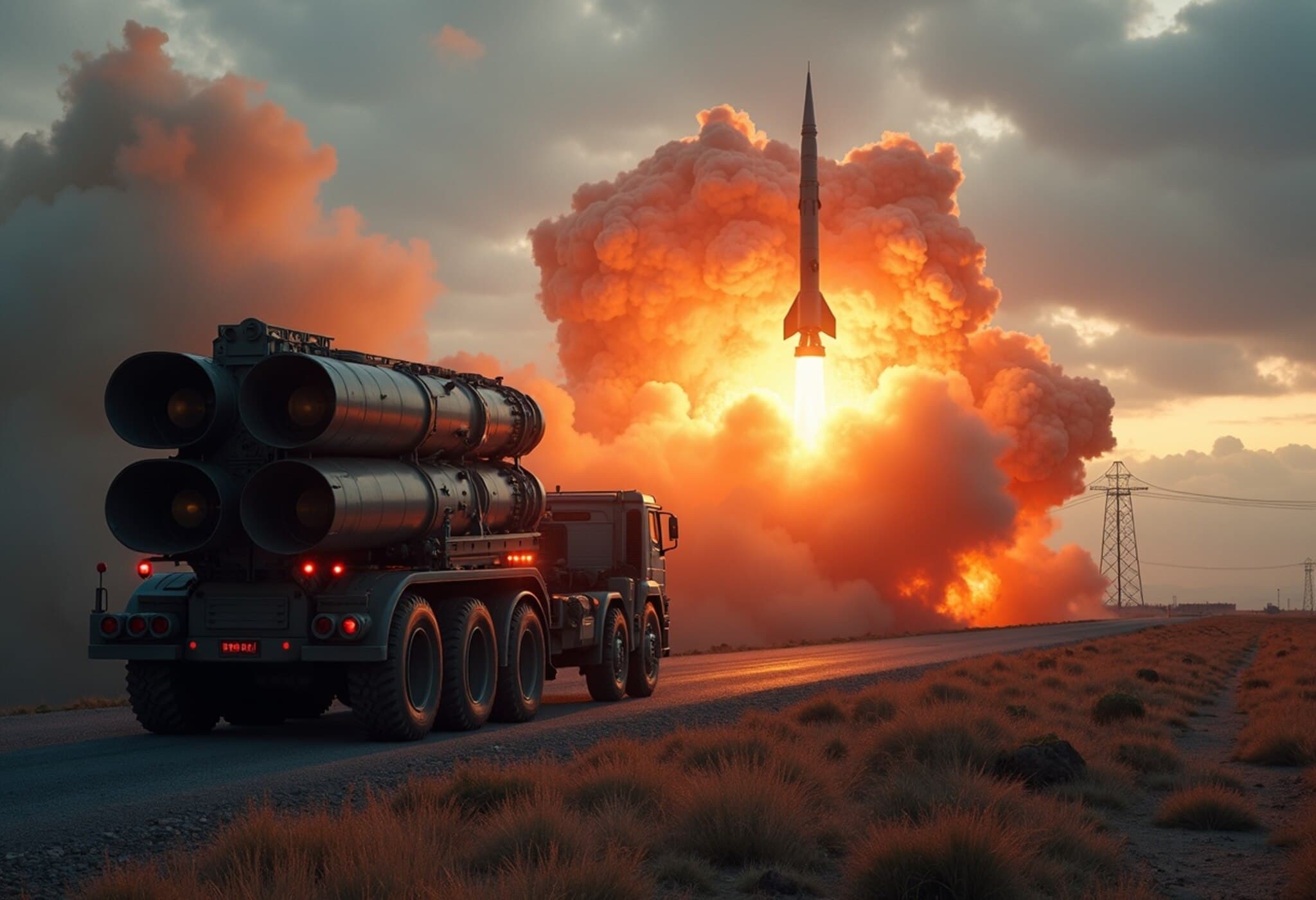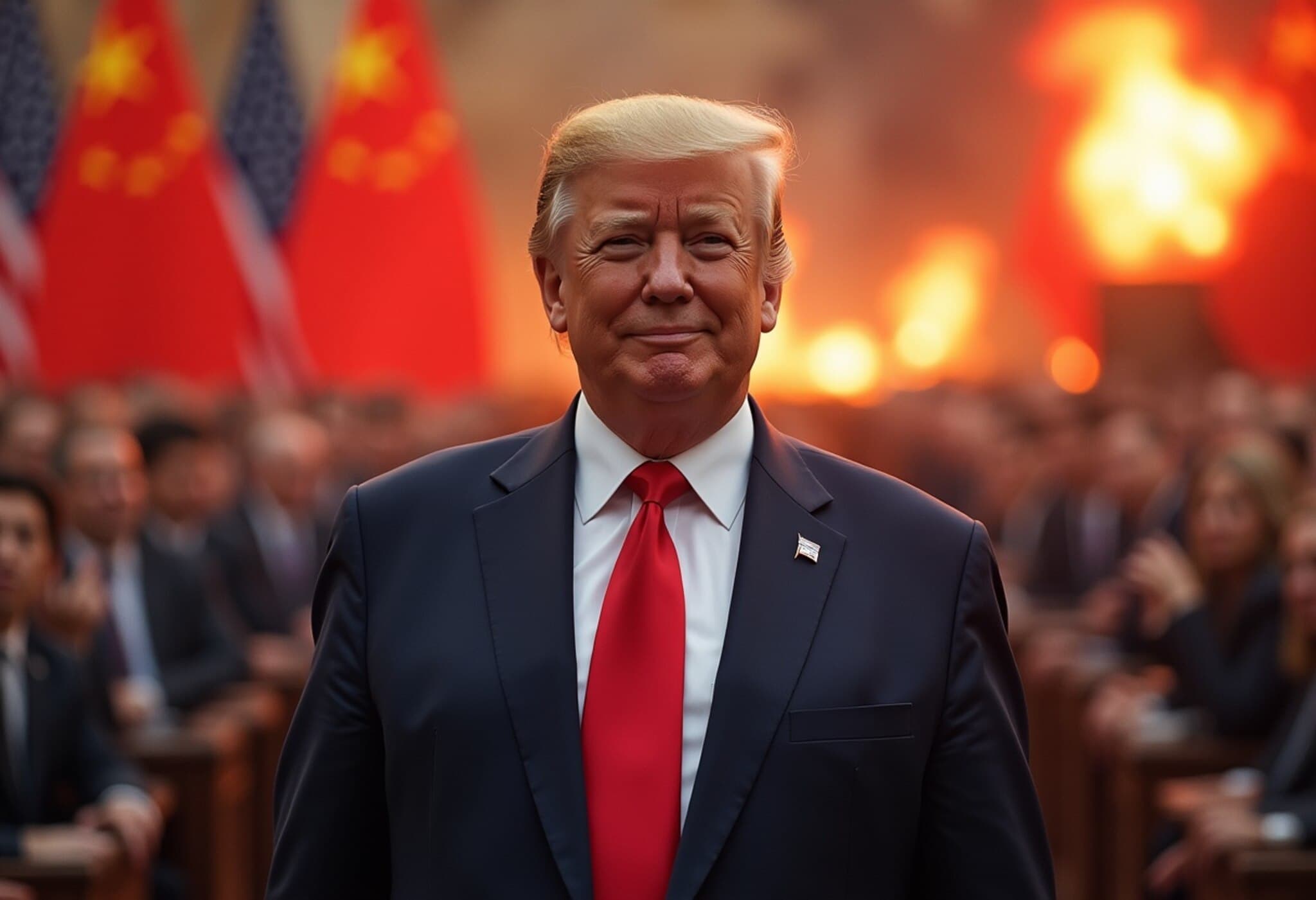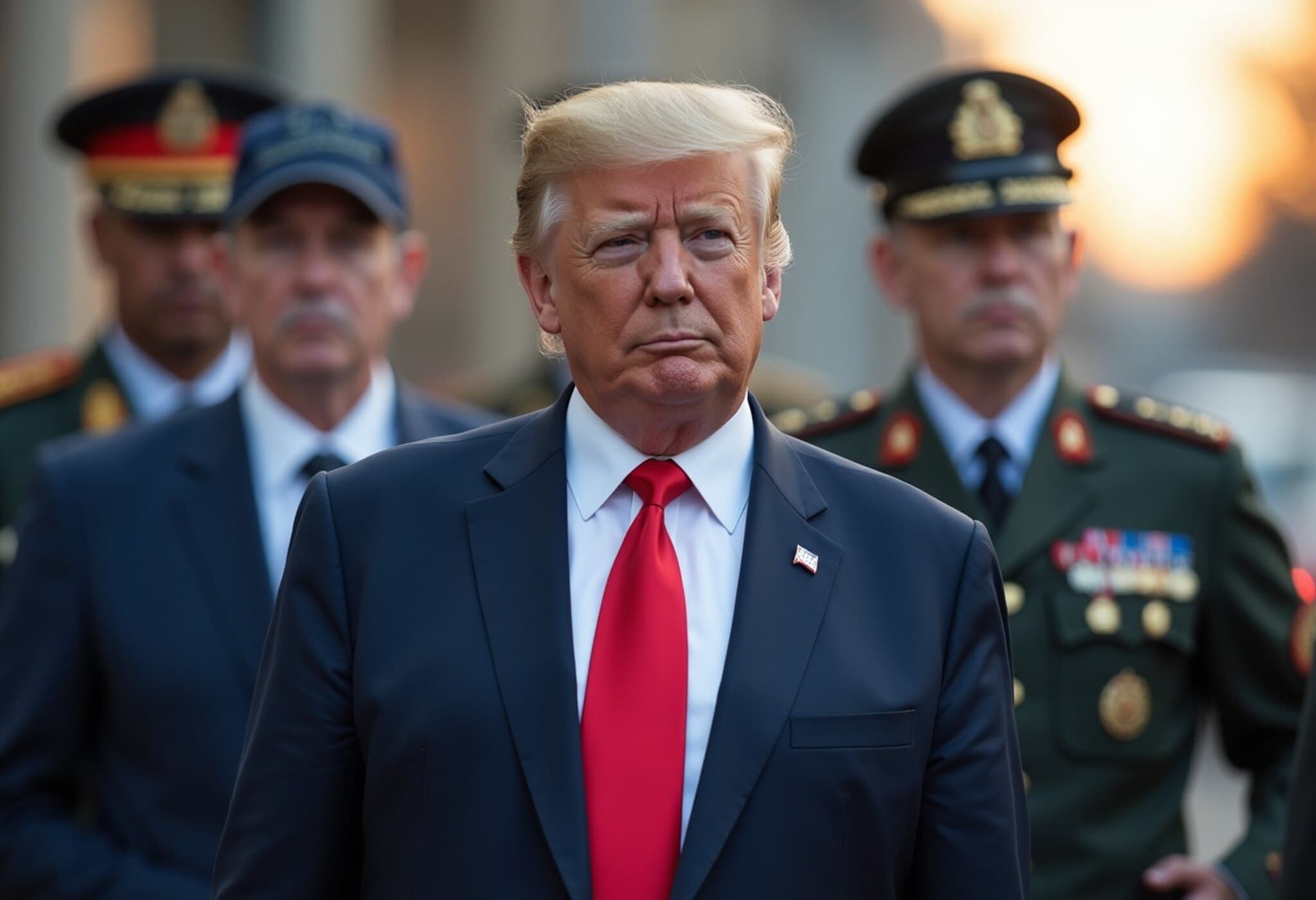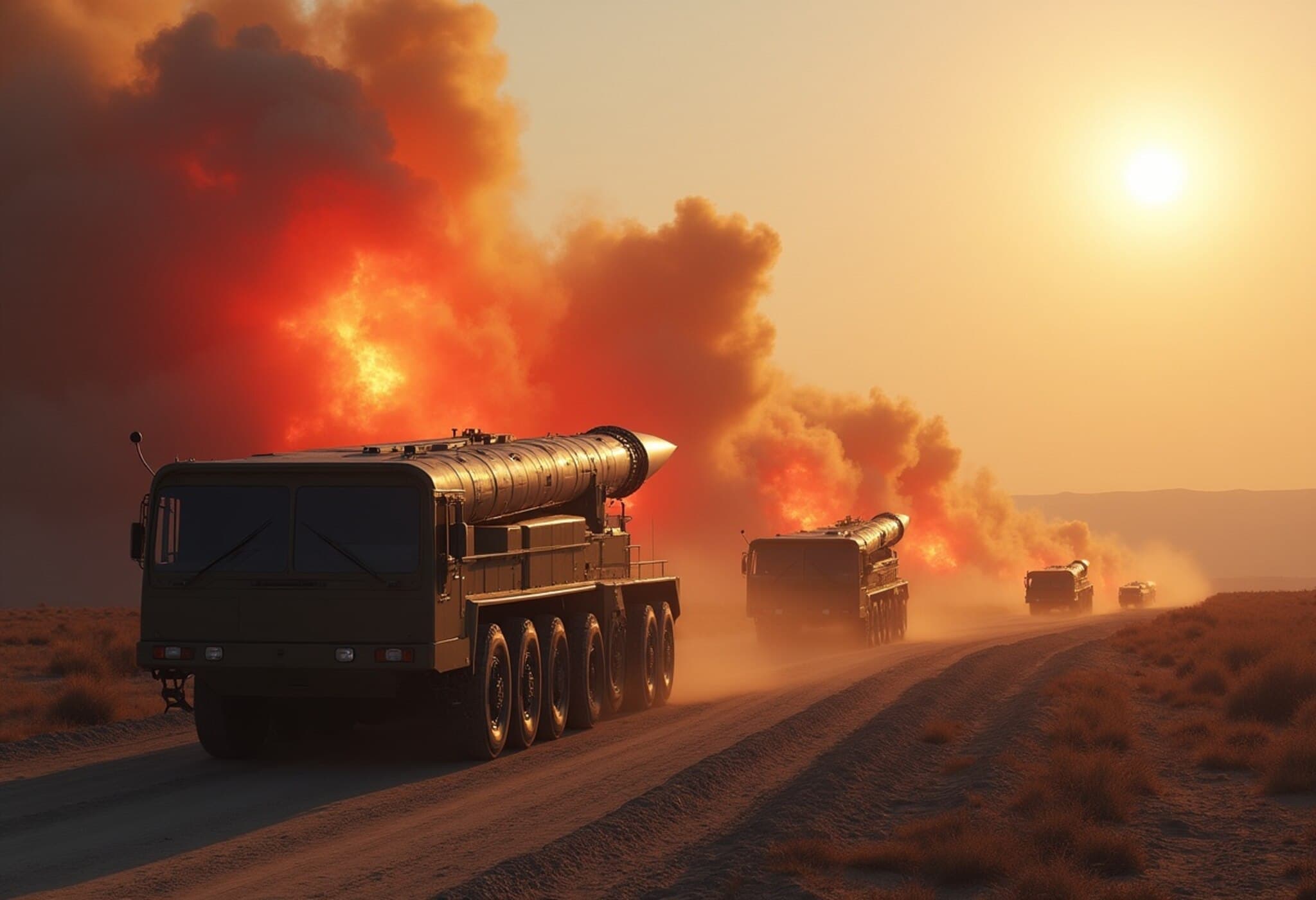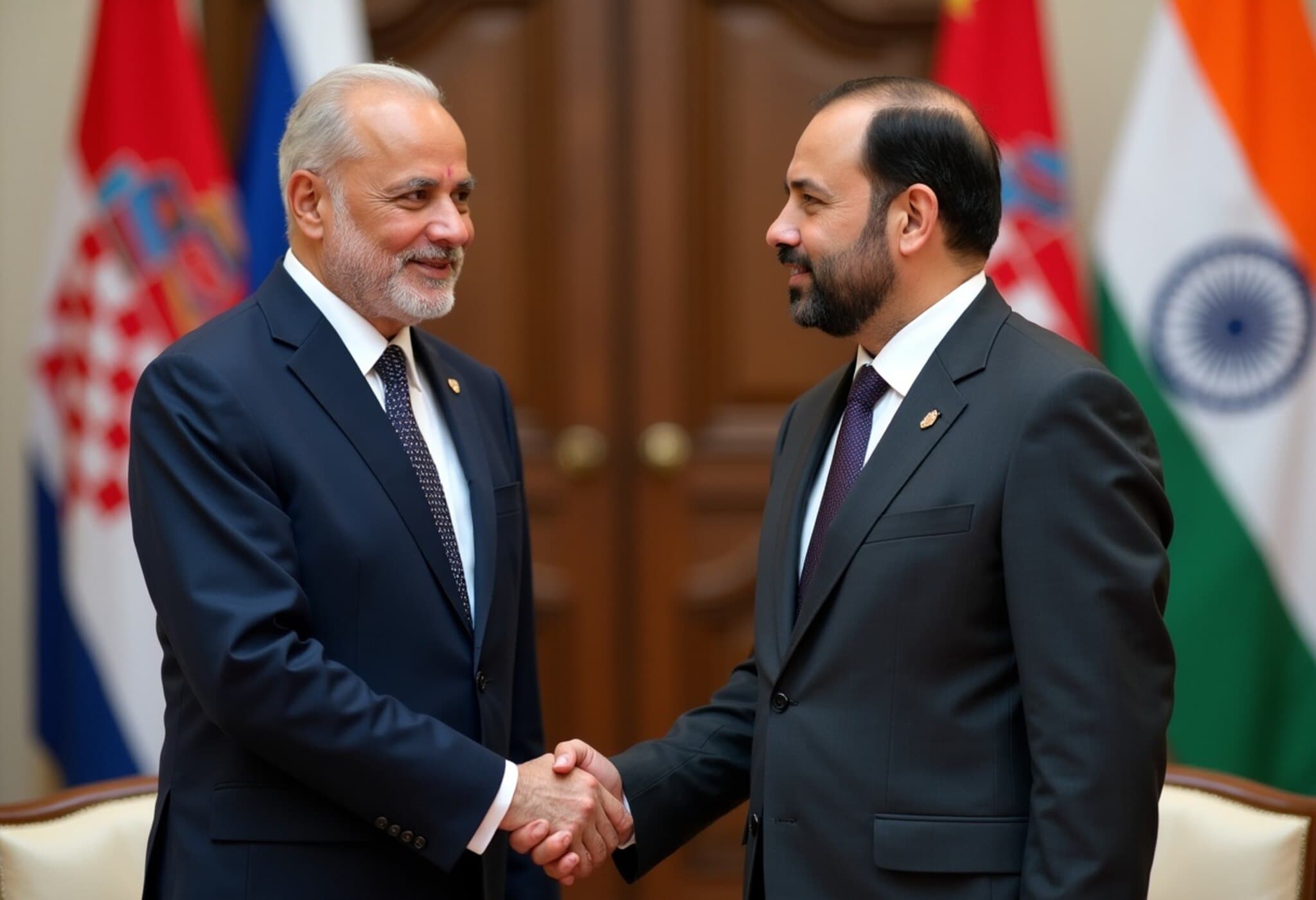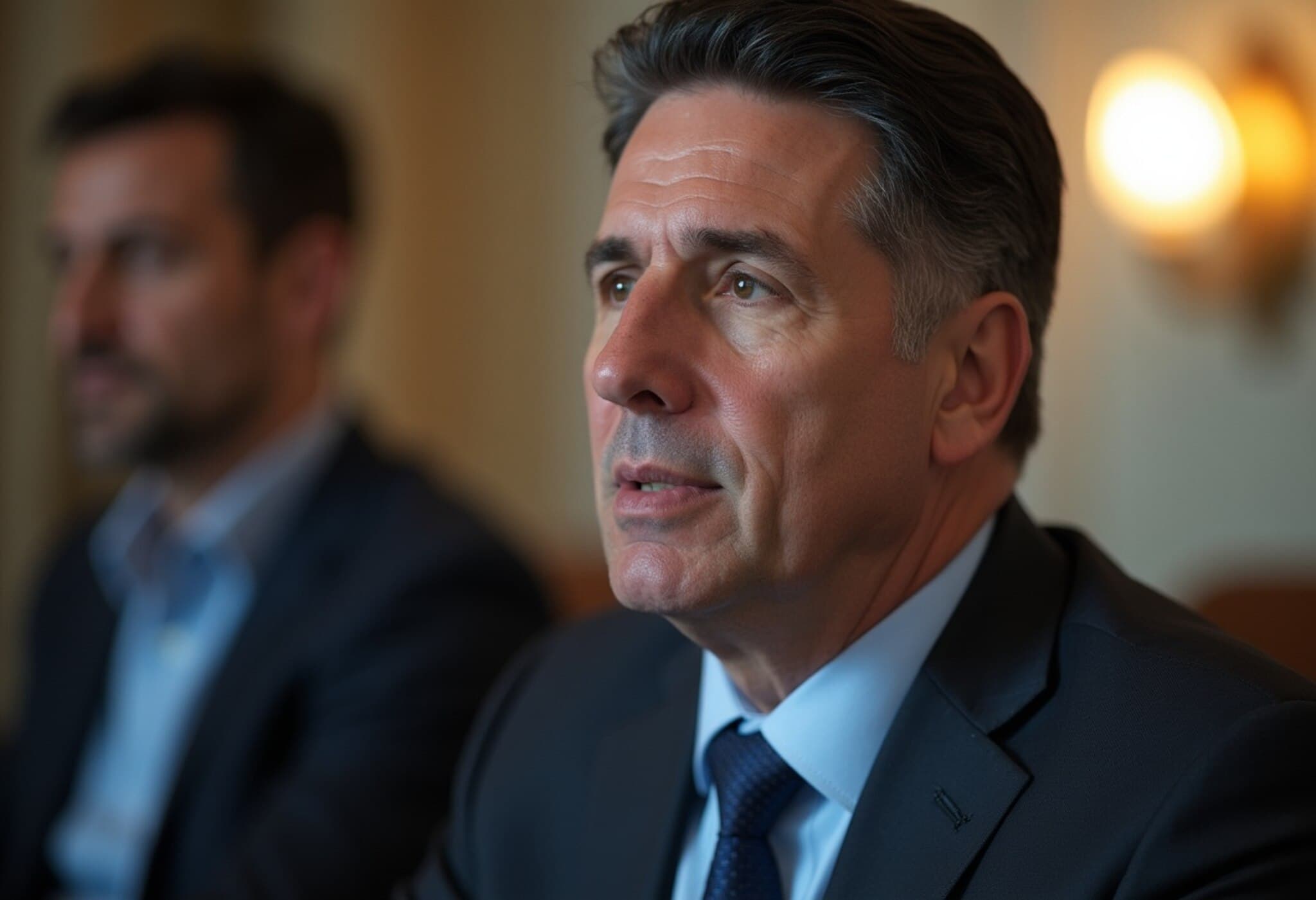AI Deepfake Scams Rock Global Political Landscape
In an era where digital technology is reshaping reality itself, deepfake videos and AI-generated impersonations have emerged as potent tools for misinformation and cyber deception, targeting some of the most powerful figures worldwide. From former US President Barack Obama to French President Emmanuel Macron, and British Prime Minister Rishi Sunak, these sophisticated AI manipulations have sparked renewed debates on the urgent need for regulatory frameworks and cybersecurity vigilance.
The Latest Victim: US Secretary of State Marco Rubio
According to a recent report by The Washington Post, US Secretary of State Marco Rubio was impersonated through AI-generated voice messages and texts that mimicked his voice and writing style with uncanny accuracy. The impostor reached out to at least five senior officials, including foreign ministers, a state governor, and a member of Congress, with the apparent goal of gaining unauthorized access to sensitive information and accounts. The culprit remains at large, while federal authorities have launched an investigation into the serious breach of security.
Implications for National Security
This alarming incident highlights the evolving complexity of cyber threats where AI-generated fakes are not just pranks but strategic attempts at espionage and interference. Experts warn that such attacks could undermine trust in official communications and disrupt governmental functions, emphasizing that deepfake technology has now become a national security challenge.
High-Profile Deepfake Cases Around the World
- Donald Trump: Following the death of Pope Francis, Trump circulated a fake AI-generated image on his Truth Social platform portraying himself as the Pope, sparking commentary on the blurring lines between satire and misinformation.
- Election Season Spoofs: During recent US elections, AI-generated robocalls impersonating politicians like Joe Biden were disseminated to sway voter opinions illegally. Authorities fined individuals involved for violating communication laws.
- Russian-Ukrainian Conflict: The warfare environment exacerbated misinformation as deepfake videos circulated, falsely showing leaders like Ukraine's President Zelenskyy surrendering or calling for peace, forcing platforms like Meta and YouTube to remove such content.
- French President Emmanuel Macron: Deepfake clips featuring Macron dancing to 1980s euro disco or appearing in pop culture mashups went viral, with Macron himself acknowledging these memes humorously but also warning about the dangers these can pose to democracy and public trust.
- UK Prime Minister Rishi Sunak: Over 100 deepfake video advertisements falsely portraying scandalous stories about Sunak’s financial dealings were run across multiple countries on social media, collectively reaching hundreds of thousands and fueling misinformation.
The Demand for Stronger Regulation
President Macron’s candid remarks underscore a broad global concern: while some deepfakes may be harmless memes, the weaponization of AI can profoundly distort public discourse and manipulate democratic processes. Macron advocates for legal mandates holding content distributors responsible for moderating and verifying the authenticity of shared material.
Policy Perspectives in the United States
The US government is intensifying efforts to combat AI-driven disinformation through legislative measures and interagency collaborations. Proposals include compulsory labeling of AI-generated content, enhanced penalties for malicious deepfake use, and investment in detection technologies.
Underreported Concerns: The Human Cost and Democratic Impact
Beyond national security, deepfakes can disrupt lives, careers, and reputations, especially when false narratives spread unchecked in the rapid-fire environment of social media. The erosion of trust not only affects political stability but also challenges fundamental democratic principles, including informed voting and freedom of expression.
What Can Citizens Do?
- Verify sources before sharing suspicious videos or messages.
- Support media literacy initiatives and educate communities about AI misinformation.
- Demand transparency and accountability from social media platforms regarding AI content moderation.
Editor’s Note
The rise of AI-driven deepfake technology is reshaping geopolitical and social dynamics in unprecedented ways. While innovation offers immense benefits, unchecked misuse threatens security, public trust, and democratic integrity worldwide. News consumers, policymakers, and technology leaders must collaborate to develop robust safeguards. As this digital battleground evolves, the question remains: can legal systems and societies adapt quickly enough to prevent AI from becoming a weapon against truth?

